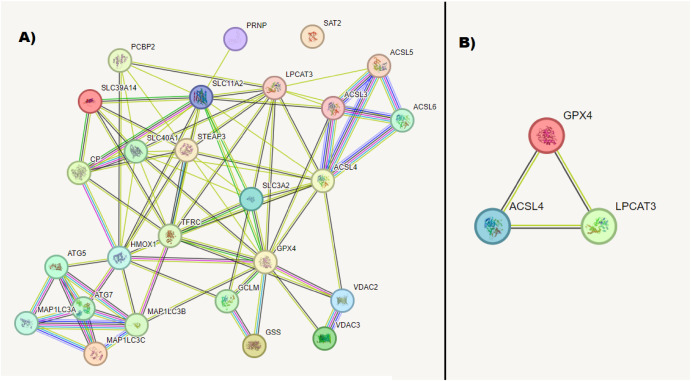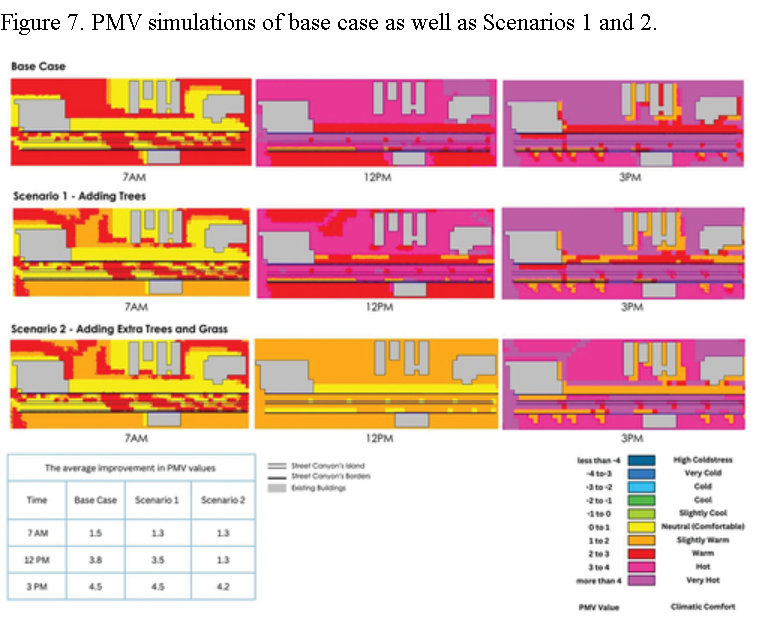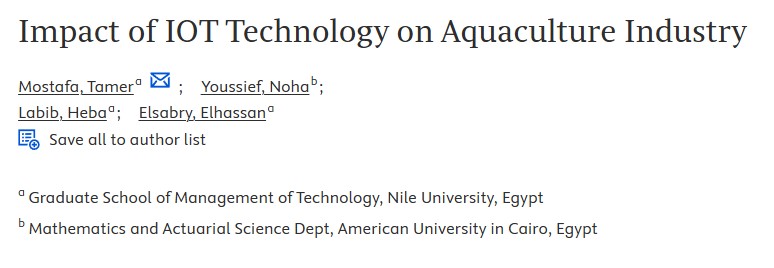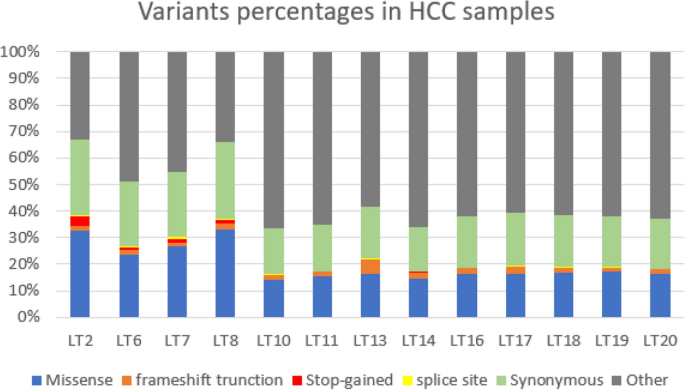
Resource allocation for throughput enhancement in cellular shared relay networks
The downlink frame of a cellular relay network is considered, where a shared MIMO decode-and-froward relaying is used to serve the users at the edge of the cell. The relay employs zero-forcing beamforming to manage the interference among the mobile stations (MSs) at the edge of the cell. A non-cooperative scheme is considered where there is no coordination between the base stations (BSs) and the relay station (RS), and a power control algorithm for the RS is developed that maximizes the rate of the relayed users. A cooperative setting which allows the coordination of a power allocation between BSs and RSs is also considered. For this setting, based on the proposed achievable scheme, an optimization formulation is derived to maximize the total throughput of the MSs subject to a constraint on the total power of the system. The problem is solved iteratively as a sequence of geometric programs. Simulation results are provided showing that a significant increase in the network throughput can be achieved via the proposed schemes compared to a conventional cellular system with no relays. © 2012 IEEE.



